Entrepreneurship can be much more than phone apps and ridesharing companies. It can change the world.
Social entrepreneurship aims to improve the world by developing solutions to social, cultural and environmental issues. Washington University has long supported social entrepreneurship through programs at the Skandalaris Center for Innovation & Entrepreneurship and at each of the university’s schools.
The Social Entrepreneurship & Innovation (SEI) Lab, housed within the Brown School, is working with partners across the university to spark new ways of tackling these complex social problems.
Social entrepreneurship has gained a strong foothold at Washington University, with current faculty and students, as well as alumni, making great strides in creating societal change around the world. Here are four examples:
Heather Cameron
Heather Cameron (front left), the Michael B. Kaufman Professor of Practice in Social Entrepreneurship, is founder of Box Girls International, an organization that delivers programs to help women and girls develop life skills, self-defense techniques and de-escalation strategies.
“The Social Entrepreneurship & Innovation Lab is the first step in building a social entrepreneurship ecosystem here at WashU,” Cameron says. “St. Louis already has a thriving entrepreneurial community, with WashU putting structures like the Cambridge Innovation Center and the Skandalaris Center in place to support entrepreneurs. The SEI Lab answers the need of the social side of the entrepreneurial sphere through programming like the accelerator and courses for undergraduate and graduate students to help build out student projects. Over the past few years of its conception, the lab has worked with numerous social ventures that have evolved and grown in scope through the use of our programming. We partner with community organizations to widen our scope of impact. By reaching out to diverse social entrepreneurs, we are able to impact entire communities.”
“We partner with community organizations to widen our scope of impact. By reaching out to diverse, social entrepreneurs we are able to impact entire communities.”
Rebecca van Bergen
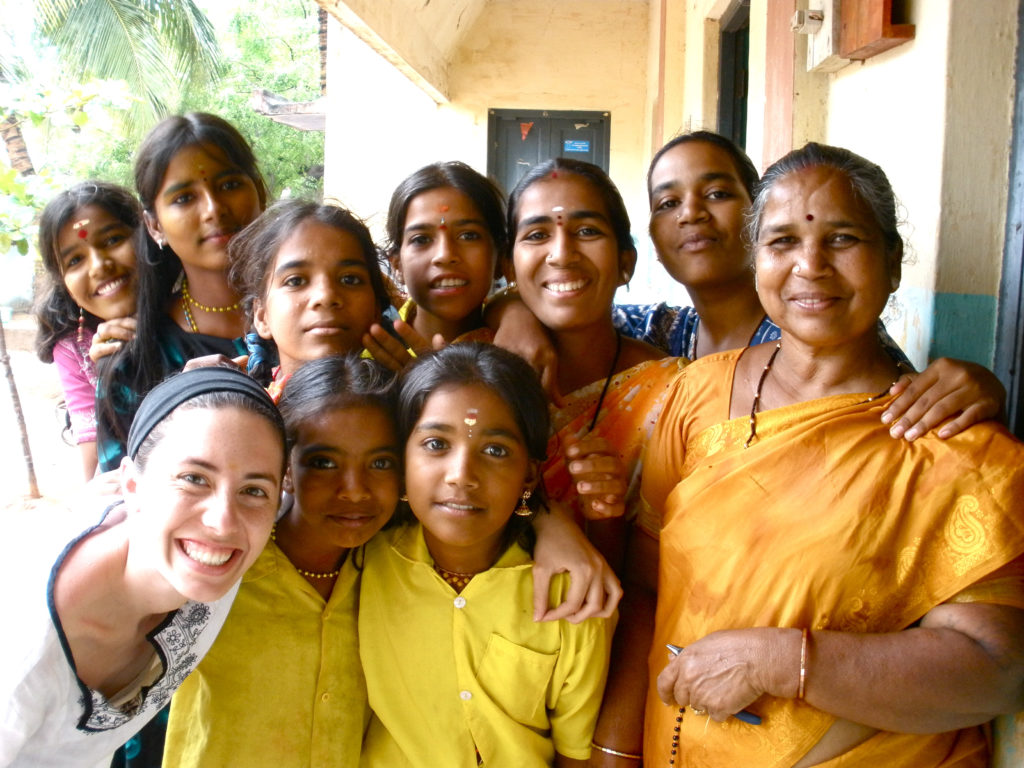
Rebecca van Bergen (MSW ’06) (front left), is founder of Nest, which is working to improve women’s wellbeing beyond factories and preserve cultural traditions.
“While I might be considered a social entrepreneur, at Nest, we see our artisan partners as the real social entrepreneurs and believe they are distinctly qualified to help co-create solutions to their community challenges, as well as our larger, global ones,” van Bergen says. “As entrepreneurs, our artisan partners are — by definition — highly innovative individuals who approach obstacles with intuitive creativity and problem-solving skills. We believe this entrepreneurial spirit is an under-realized asset. Resources and training programs often focus on technology, agriculture and other sectors, which highlights a missed opportunity to invest in artisan entrepreneurs — a population proving to be one of the most significant yet overlooked groups capable of unlocking local solutions to global problems.
“We have countless stories of artisan entrepreneurs leading community development initiatives — whether it’s the woman in Togo, West Africa who held after-hours courses on condom use; or the woman in rural Mississippi who recently ran for political office while running her artisan enterprise. The value generated by artisan entrepreneurs is magnified through their efforts to not simply turn a profit, but simultaneously invest in the preservation of craft traditions and, for some, an opportunity to employ women and men in their communities.
Washington University was instrumental in the creation of Nest. I credit the social-work lens from my studies at the Brown School to our success. Through that lens, one learns to look at systems and individuals simultaneously — to understand agency, the importance of co-creation, and consider the larger systems and policies that contribute to the challenges we globally face, all at once. At Nest, this means we balance grassroots impact with research, policy and systems change efforts. In 2006, the Skandalaris Center awarded Nest and me a $24,000 prize. Beyond the obvious impact of early-stage philanthropic investment, the perspective instilled at WashU fueled my social entrepreneurship spirit. To me, that spirit is the ability to both look at the distant mountains of where we want the world to be while also looking down at our feet with the confidence to step forward.”
“… WashU fueled my social entrepreneurship spirit. To me, that spirit is the ability to both look at the distant mountains of where we want the world to be while also looking down at our feet with the confidence to step forward.”
Charlene Caburnay
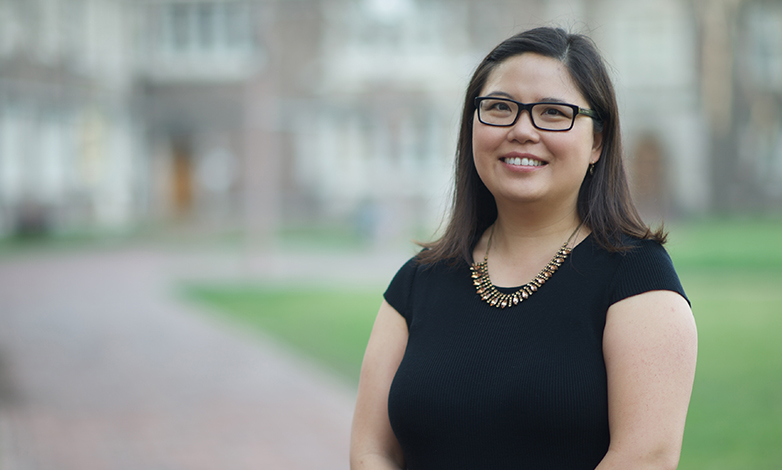
Charlene Caburnay is research assistant professor at the Brown School and founder and president of Health Communication Impact, LLC, which helps organizations improve the health of their employees by delivering easy-to-understand health information.
“Early on, we got tremendous help and guidance from the Entrepreneurship and Intellectual Property Clinic at the Law School,” Caburnay says. “Being new to social entrepreneurship, our advisers at the clinic walked us through the process of setting up and starting our own company. Also, the establishment of Faculty Fellows in Entrepreneurship at both the School of Medicine and the Danforth campuses demonstrates the university’s commitment to making the process of creating startup companies and applying and working on Small Business Innovation Research (SBIR) projects run more smoothly.
“Having had to navigate the process of applying for, receiving, and running an SBIR project of my own, I know that the addition of these resources would have helped me tremendously. It is reassuring to know that the university supports these social-entrepreneurship endeavors and have established positions to reflect this support.”
Markey Culver
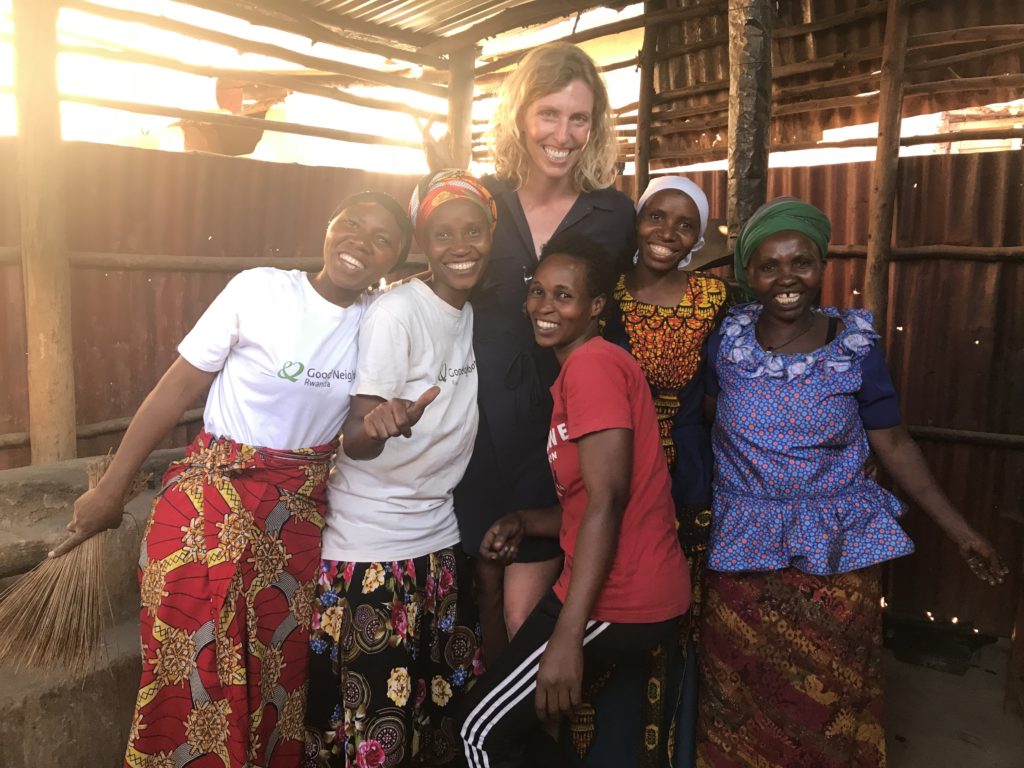
Markey Culver (MBA ’17), is founder of The Women’s Bakery, which teaches women how to make and sell nutritious, affordable breads and manage profitable bakeries in their communities.
“Social enterprise weaves together the best practices of the for-profit and non-profit sectors,” Culver says. “This makes for an exciting business model: a business model that places equal value on financial return and social impact. The nature of this type of model requires agility, innovation and resilience. Often the for-profit and nonprofit thread pull against each other, creating an ever-shifting landscape for equilibrium. But it is this equilibrium, this harmonizing of both sectors, that social enterprise proves is not only viable but sustainable. And that’s why social enterprise is important today — because in a world that is seemingly increasingly polarized between profit and philanthropy, we are proving that business can, and should, be used as a tool for social good.
“In a world that is seemingly increasingly polarized between profit and philanthropy, we are proving that business can, and should, be used as a tool for social good.”
“At Olin [Business School], I applied for The Women’s Bakery to be a client in the Center for Experiential Learning. We were accepted and worked with two cohorts of MBA students who consulted with The Women’s Bakery in 2016 and 2017. The MBA cohorts were able to travel to Rwanda to see our work in real time and assist us with refinement of our model.
“The Global Impact Award through the Skandalaris Center also assisted The Women’s Bakery by providing a larger platform for both funding and mentorship. We were finalists for the award for three years and this year, we won. We will be awarded $50,000 and offered ongoing mentorship.
“WashU is a wonderful community of intelligent people looking to assist each other. I have benefited from the mentorship and counsel of my Olin professors, classmates and broader WashU network. And I look forward to the ongoing collaboration.”


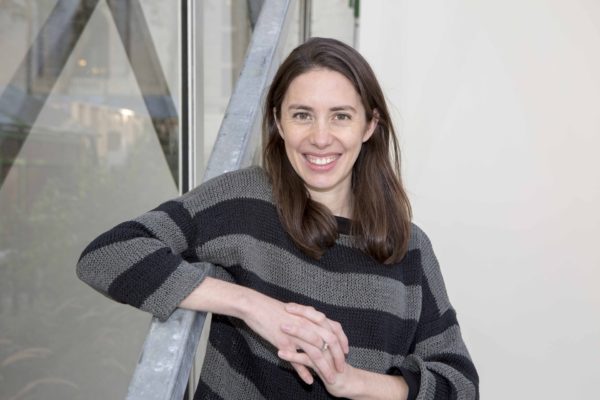
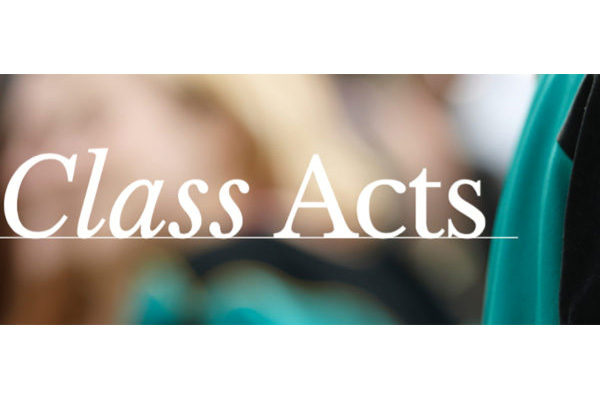
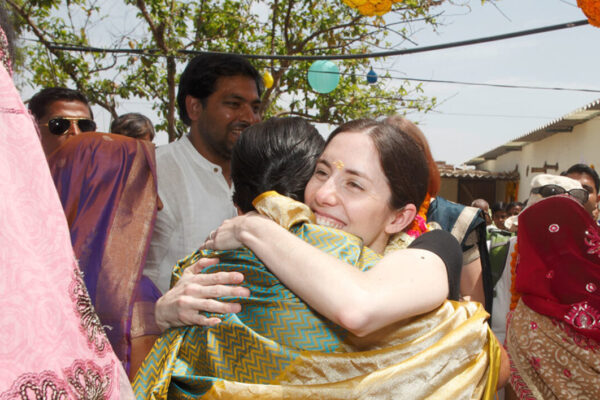
Comments and respectful dialogue are encouraged, but content will be moderated. Please, no personal attacks, obscenity or profanity, selling of commercial products, or endorsements of political candidates or positions. We reserve the right to remove any inappropriate comments. We also cannot address individual medical concerns or provide medical advice in this forum.